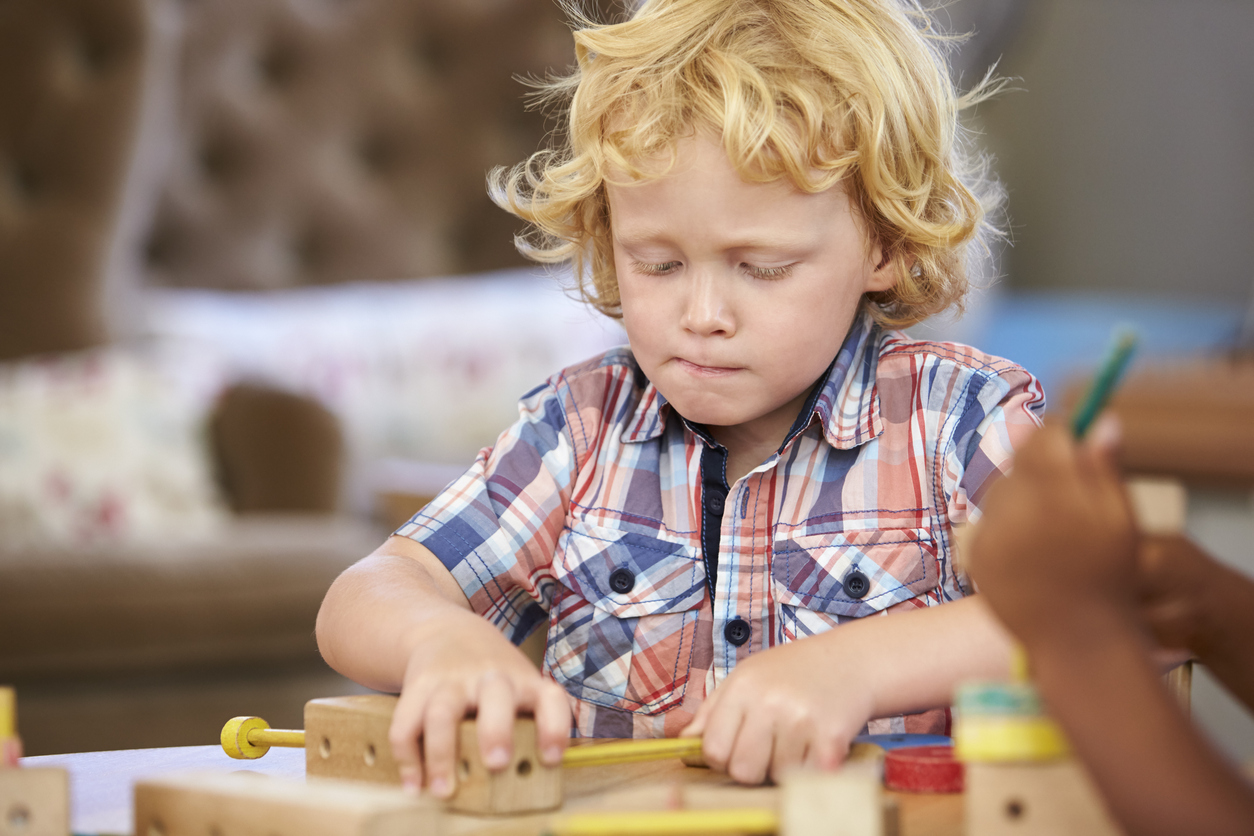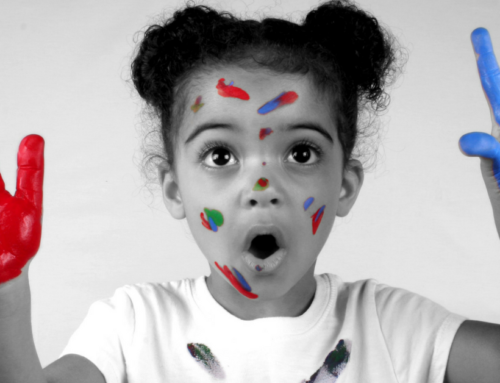Every parent is familiar with this thought: “is my child normal?” The word “normal” has become synonymous with what is considered typical, average, or standard. Many assume that the process of normalization is about conforming to expectations. However, the Montessori educational philosophy emphasizes something quite different.
In her observations of childhood development, Dr. Maria Montessori (founder of the Montessori method), observed a unique process that she termed “normalization.” This process occurs as your children achieve various, specific milestones. It’s yet another way in which the Montessori method can benefit your child more than traditional daycare.
Read on, to learn more about Montessori’s findings and the process of normalization.
What is the Process of Normalization?
After observing children for a long time, Dr. Montessori noticed a fascinating trend: children who were allowed independence in an environment suited to their needs learned and experienced personal growth on their own. She concluded that children exposed to engaging environments gain the ability to work at their own pace, through discovery, hard work, and determination.
This is the process of normalization as we know it in the Montessori method. A normalized child is content, happy, and peaceful, with a disposition that thrives while working alone and learning through experience. It’s not a systematic way to make children conform; instead, it’s the process of becoming well-adjusted to working and learning independently.
Learning self-care is a perfect example. Buttoning and zipping clothes help provide your child with the tools to function independently. This is the normalization process in action. Children who go through this process in their childcare tend to work very quietly, becoming engrossed in their activities and focusing on the task at hand.
Why Does Normalization Matter?
At Maria Montessori International Academy (MMIA) we encourage the process of normalization. It is a positive and independent process that allows your child to set their own pace for learning and discovery. In this way, Montessori preschools differ significantly from traditional childcare.
Too often, children experience pressure because they don’t hit preconstructed milestones at the same time as their peers. That, in turn, can cause parents to aggressively push for improvement, overworking their children in the process. Unfortunately, this type of aggressive learning can hinder your child, making them shy away from their natural curiosity and interest in learning. This is why children should be allowed to normalize at their own pace.
MMIA will provide your little one with the best place to help them normalize and foster their love of learning. Our carefully structured environment will give your child freedom to move around, the tools to help solve problems, as well as highly trained teachers to guide them.
The Role of the Teacher in Normalization
Teachers within a Montessori classroom are very important, though their role differs from traditional daycare methods. Unlike daycare, the teacher will observe your child and determine the kinds of tasks that he or she likes to complete. Your Montessori teacher will also determine which activities to avoid. Our teachers may also change and adjust activities to determine whether it becomes more appealing as a result.
Montessori is not like traditional childcare. The method we practice at MMIA depends on an environment and philosophy that puts children first. We aim to give your child the opportunity to learn at their own pace, as well as finding fulfillment and joy through hard work and concentration.
Every child will normalize at their own speed, so education should not follow a one-size-fits-all approach. All children are different and learn at their own pace, in their own way. Fostering this independence will allow your child to grow a love of learning, curiosity, and independent thinking.
To learn more about the Maria Montessori International Academy and how we can help your child to normalize in the best possible way, please contact us. We would love to meet you and your child, and schedule a tour of our facilities.







